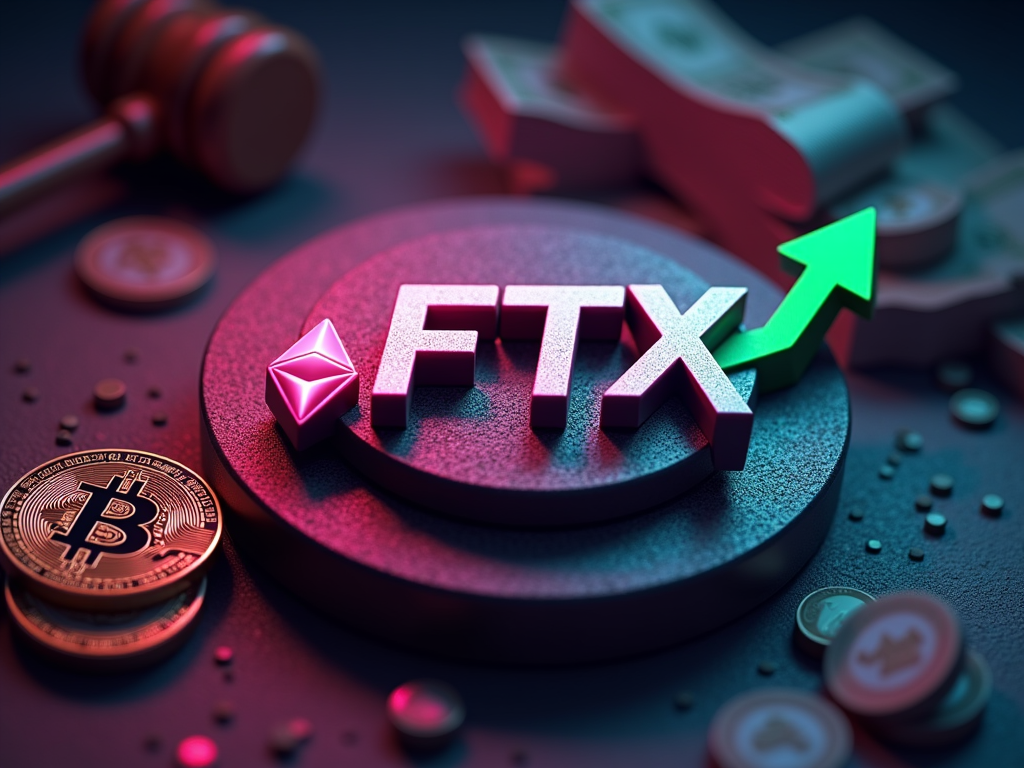Key Points
- Caroline Ellison, former CEO of Alameda Research, has been sentenced to two years in prison and ordered to forfeit approximately $11 billion for her role in the FTX crypto exchange fraud.
- Ellison’s cooperation with authorities, including testifying against Sam Bankman-Fried, was noted by the judge as extraordinary, leading to a significantly lighter sentence compared to Bankman-Fried’s 25 years.
Sentencing Details and Judge’s Remarks
On Tuesday, September 24, 2024, Caroline Ellison, the 29-year-old former CEO of Alameda Research, was sentenced to 24 months in prison by U.S. District Judge Lewis A. Kaplan in New York. The sentence also includes a forfeiture of about $11 billion and three years of supervised release following her prison term.
Judge Kaplan, while acknowledging the seriousness of the FTX fraud, described Ellison as “vulnerable and exploited.” He noted her exceptional cooperation, stating, “I’ve seen a lot of cooperators in 30 years here, I’ve never seen one quite like Miss Ellison.” Despite this, Kaplan emphasized that the magnitude of the fraud necessitated some prison time, saying, “In a case this serious, to be literally a ‘get out of jail free’ card is not something I can see my way through to.”
The judge permitted Ellison to serve her sentence at a minimum-security facility near Boston, where her family resides. As a federal crime, Ellison will be required to serve at least 75% of her sentence before becoming eligible for parole.
Ellison’s Cooperation and Contrasts with Bankman-Fried
Ellison’s cooperation with the Department of Justice played a crucial role in the conviction of Sam Bankman-Fried, the founder and former CEO of FTX. During Bankman-Fried’s trial, Ellison provided damning testimony, alleging his attempts to bribe foreign officials and deliberate sharing of misleading financial data with lenders.
Prosecutors described Ellison’s testimony as a “cornerstone” in Bankman-Fried’s conviction. Assistant U.S. Attorney Danielle Sassoon highlighted the stark contrast between Ellison and Bankman-Fried, noting Ellison’s proactive cooperation and genuine remorse, unlike Bankman-Fried’s lack of contrition.
Ellison’s attorneys argued for no jail time, citing her “extraordinary cooperation” and low risk of recidivism. Her lawyer, Anjan Sahni, portrayed Ellison as someone led astray by Bankman-Fried, with whom she had a previous romantic relationship, but who had since “recovered her moral compass.”
Implications and Reflections
Addressing the court before her sentencing, Ellison expressed deep remorse, saying, “I can’t even begin to imagine the pain I’ve caused.” She reflected on her journey, stating, “If you had told me back in 2018 that I would end up pleading guilty to fraud, I would have told you you were crazy.”
The sentencing of Ellison marks a significant chapter in the FTX saga, one of the largest financial frauds in U.S. history. It highlights the complexities of white-collar crime prosecution, especially in cases involving cooperation against key figures like Bankman-Fried.
Legal experts note that while Ellison’s cooperation was a primary factor in her relatively lenient sentence, the judge also had to consider the massive public distrust caused by the FTX collapse. The sentence aims to strike a balance between rewarding cooperation and holding key players accountable for their roles in the fraud.
Ellison has approximately 45 days before she must surrender herself to the Bureau of Prisons to begin serving her sentence. Meanwhile, other former FTX executives, including Gary Wang and Nishad Singh, await their sentencing later this year, having also cooperated with prosecutors.













